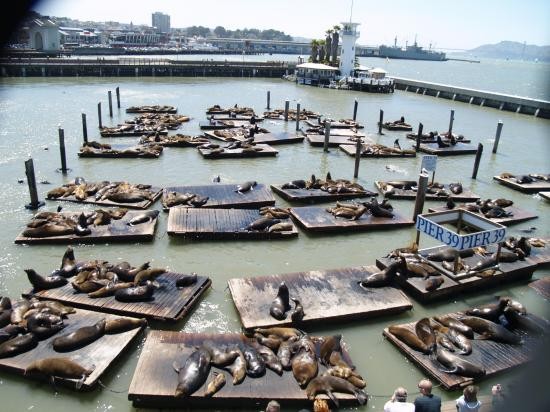Burger's eco-poetics-activism

Mary Burger, A Partial Handbook for Navigators (Interbirth Books, 2008), 47 pp.—Per the writings of Sigmund Freud and Maurice Blanchot, human desire and human death haunt the five prose and poetry meditations that comprise this chapbook. Burger’s various riffs on the “rift” (starting with a detail from Amy Trachtenberg’s painting, Rift Zone), which opens up the part, the partisan (the section titled “A Series of Water Disasters” is an homage, in part, to guerilla activism) and partiality in general, shuttle back and forth between the narrator’s desire to convert the static noun (signaled here by the Golden Gate Bridge) into a verb. Burger mimics the noun, the name, by permitting almost all of her body, up to her neck, to be buried near Golden Gate Park, but this grave with a view — she observes passing “joggers, dog walkers, early strollers” — cannot replicate death (“It was nothing like being dead”) despite her desire for connection to earth, the noun and name, to, in brief, death: “I went looking for some recognition, on the earth’s part, or my part, that we were together.” The “we" here is not only a gesture toward immanent, if not numinous, values of the dirt but also a vain attempt to be with her mother whose death is recorded in part four of “Water Disasters.” At the same time, the narrator’s burial up to her neck is not insignificant; the most startling section of the chapbook is “The Throat Smiles” which records the murder of a woman: her throat slashed, she is apparently dragged, or hurled, down a flight of stairs. I cannot reproduce the spacing of this particular poem here but its disjunctive, form, halting rhetoric and incomplete reportage offers another take on the rift, the divide. At the same time Burger recognizes the necessity, heretofore, of partiality. Neither a sentimentalist nor a rationalist, she turns from her mother ‘s “belief” in both religion and science: “Standing there in the sunny white passageway filling with seawater, with water that would not be still until the surface was level with the sea, I realized my mother’s faith would drown me.” It goes without saying that the strategy that Burger undertakes here, that of the bricoleur, can neither reject nor accept the modes of knowledge derived from our intuitive or rational inclinations. “How not to be silenced by all that one hears. // And when what is found requires further reading.” A Partial Handbook for Navigators is itself further—and farther—reading.
Hunches, hedges, etc.